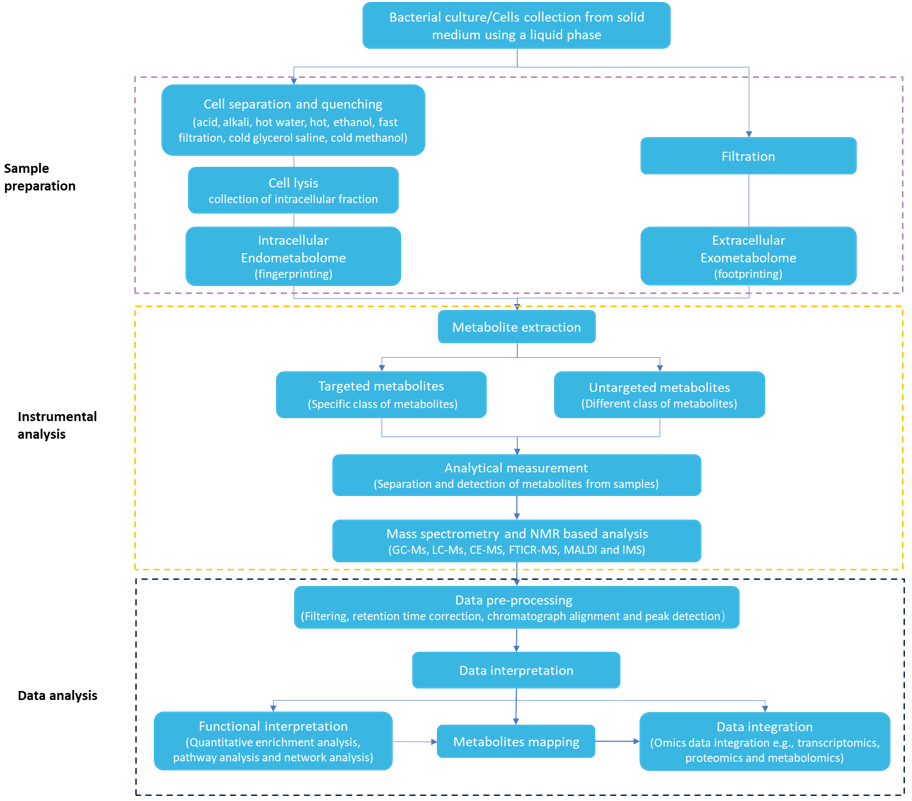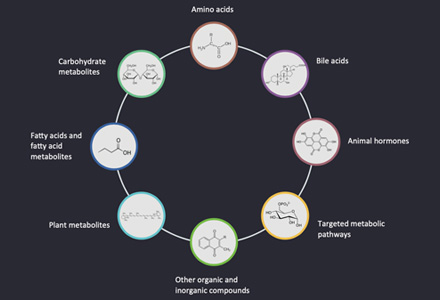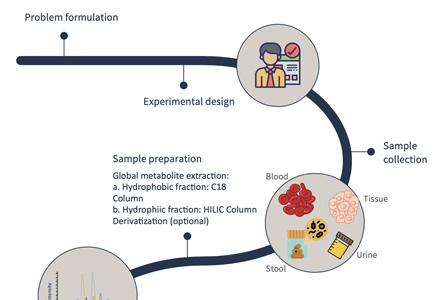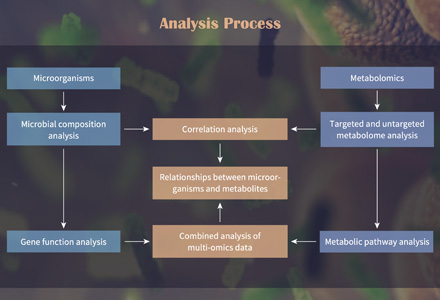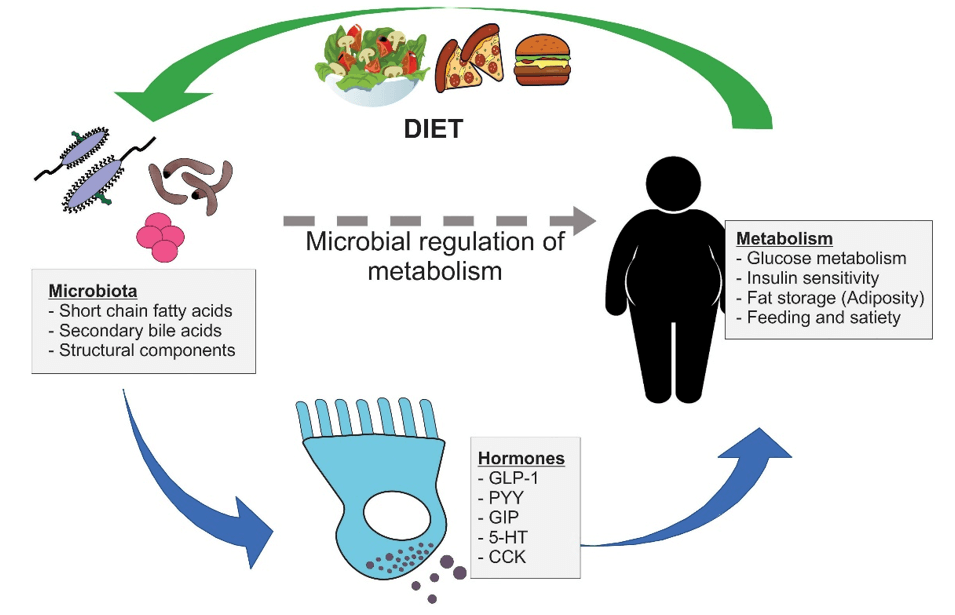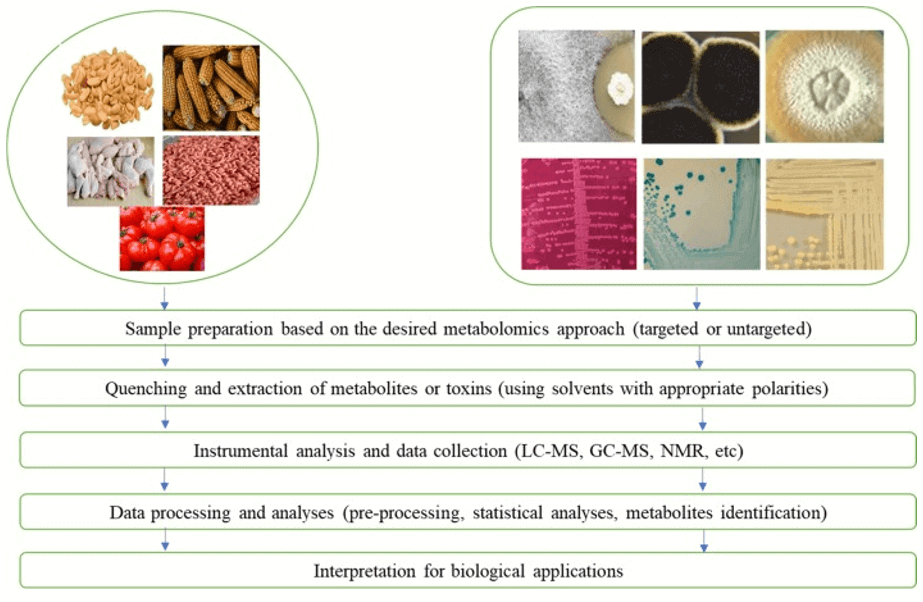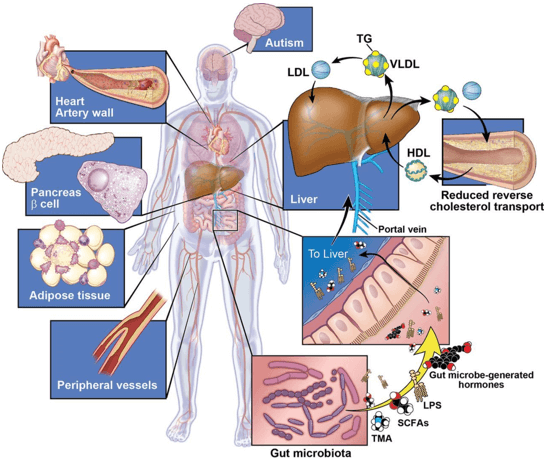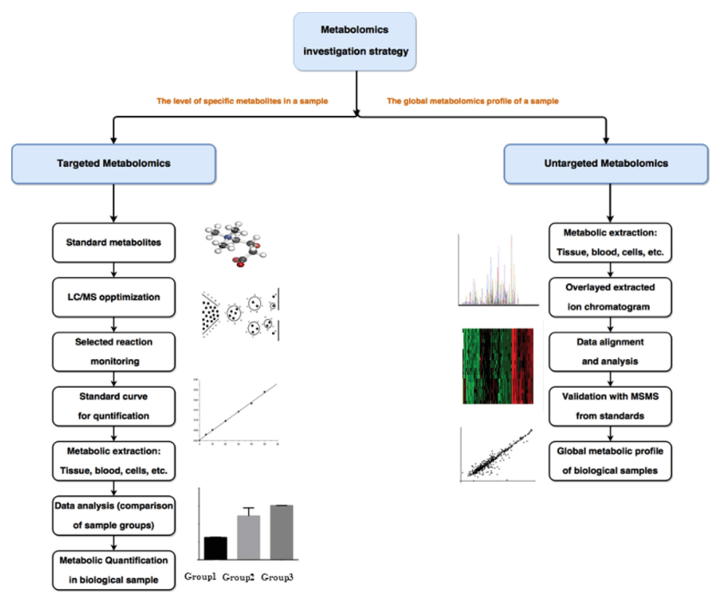Evolutionary pressures for survival have driven the emergence of drug resistance. Drug resistance reduces the duration of drug effectiveness and limits therapeutic options. The incidence of drug resistance is high in the fields of oncology and infectious diseases. The emergence of drug resistance threatens the lives of millions of people and imposes a heavy economic burden, prompting the development of new strategies to avoid drug resistance.
In oncology research, resistance of tumor cells to chemotherapeutic drugs is one of the main reasons for the failure of tumor chemotherapy. Metabolomics facilitates progress in the development of drugs targeting tumor metabolism by monitoring changes in metabolic homeostasis such as amino acids to evaluate changes in tumor cell metabolism and response to drugs.
In the treatment of infectious diseases, antibiotics are often used for bactericidal purposes. Downstream metabolic changes following the action of antibiotics with their targets are closely linked to the effectiveness of antibiotic action. Antibiotics accelerate the death process by interfering with the metabolic state of bacteria, and altered metabolic state of bacteria can also affect the effectiveness of antibiotics. In addition to resistance caused by genetic factors, the exogenous environmental stress to which bacteria are exposed such as envelope gap pressure, nutritional deficiency, and production of reactive oxygen species can induce a stress response. Bacterial susceptibility to drugs can be altered by activation of adaptive responses, modification of drug targets, or formation of biofilms. Metabolomics can monitor changes in bacteria in response to antibiotics and provide comprehensive metabolic information to explore antibiotic-bacteria interactions.
Creative Proteomics provides metabolomics solutions for oncology and infectious disease field drug resistance studies.



